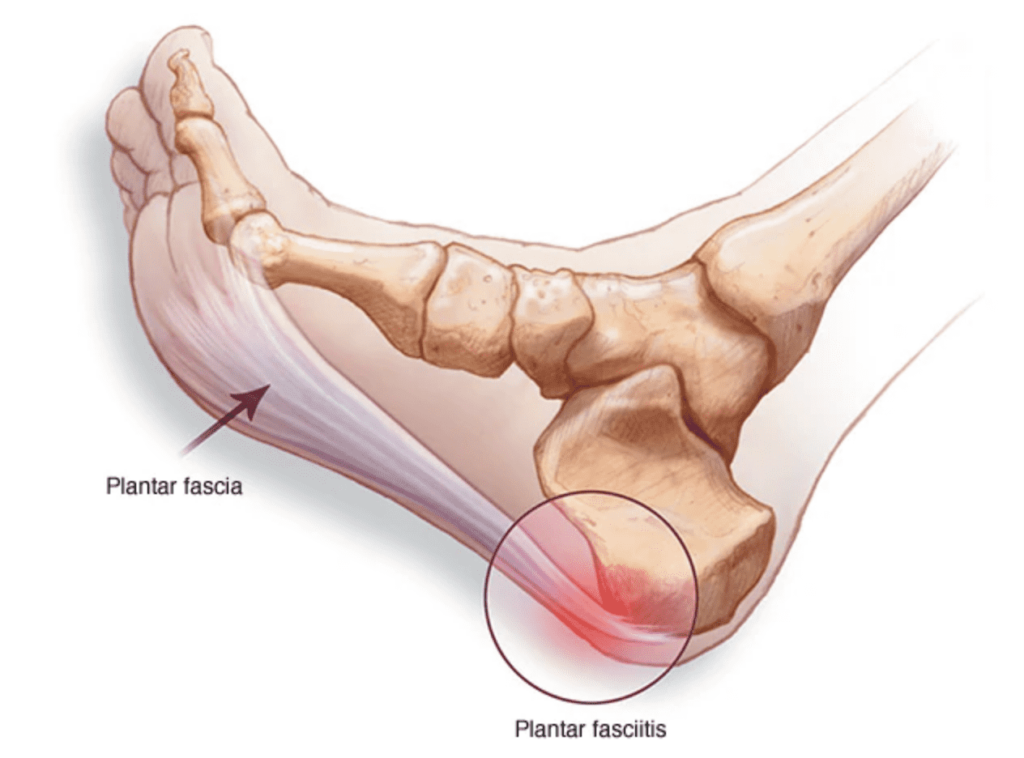Plantar Fasciitis Fort Lauderdale
Plantar Fasciitis Fort Lauderdale
Are you experiencing sharp heel pain when you take your first steps in the morning or after standing for a while? You may be dealing with Plantar Fasciitis—one of the most common causes of foot pain that can significantly affect your mobility and daily routine. At Theracave in Fort Lauderdale, we offer expert physical therapy tailored to relieve pressure on the plantar fascia, reduce inflammation, and restore proper foot mechanics. Our hands-on, one-on-one approach helps you walk, stand, and move more comfortably.
The plantar fascia is a strong band of tissue running along the bottom of your foot, connecting the heel to the toes and supporting your arch. When irritated by overuse, poor footwear, or biomechanical issues, it can become inflamed—leading to persistent pain and stiffness. At Theracave in Fort Lauderdale, we perform a detailed assessment to understand the root of your discomfort and build a custom treatment plan that targets your unique needs. With early intervention and guided care, we help you recover faster and prevent long-term foot problems.

Causes:
Symptoms
How Theracave Help Us?
Areas We Serve:
- Broward
- Davie
- Sunrise
- Tamarac
- Miramar
- Lauderhill
- Plantation
- Hollywood
- Coral Springs
- Fort Lauderdale
- Pembroke Pines
- Deerfield Beach
- Pompano Beach
Q&A
What is Plantar Fasciitis?
Plantar Fasciitis is inflammation of the plantar fascia, the tissue that supports your foot arch. Repetitive strain or stress causes microtears, leading to heel pain and stiffness—especially in the morning or after rest.
Can Plantar Fasciitis heal without surgery?
Yes. Most cases can be treated successfully with conservative methods such as physical therapy, stretching, activity modification, and proper footwear. Surgery is rarely needed and only considered in chronic, unresponsive cases.
How long does it take to recover from Plantar Fasciitis?
With consistent treatment, most people improve within 6–8 weeks. However, more severe or long-standing cases may take several months. Early intervention typically leads to faster and more complete recovery.
Can physical therapy help with Plantar Fasciitis?
Absolutely. Physical therapy helps by stretching the plantar fascia and surrounding muscles, strengthening foot and ankle support, improving flexibility, and correcting poor movement patterns or gait issues that contribute to the pain.
What Customers Are Saying
Our Process
How It Works?
Reach out to us via our online form or call to schedule an initial assessment.
Based on your unique needs, we develop a tailored therapy program.
Our professionals guide you through each session, focusing on effective rehabilitation.


